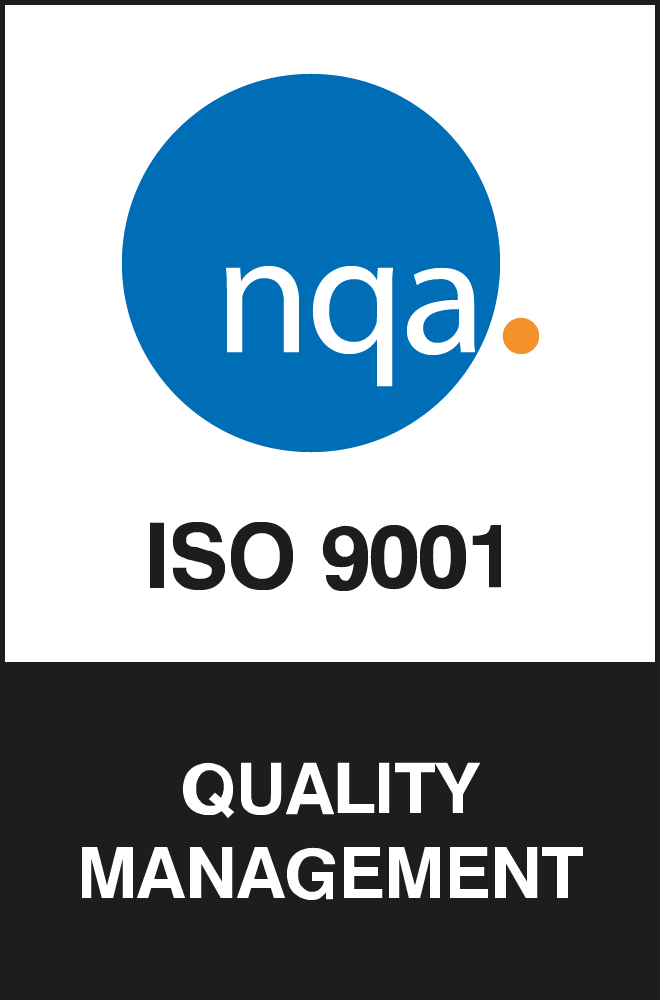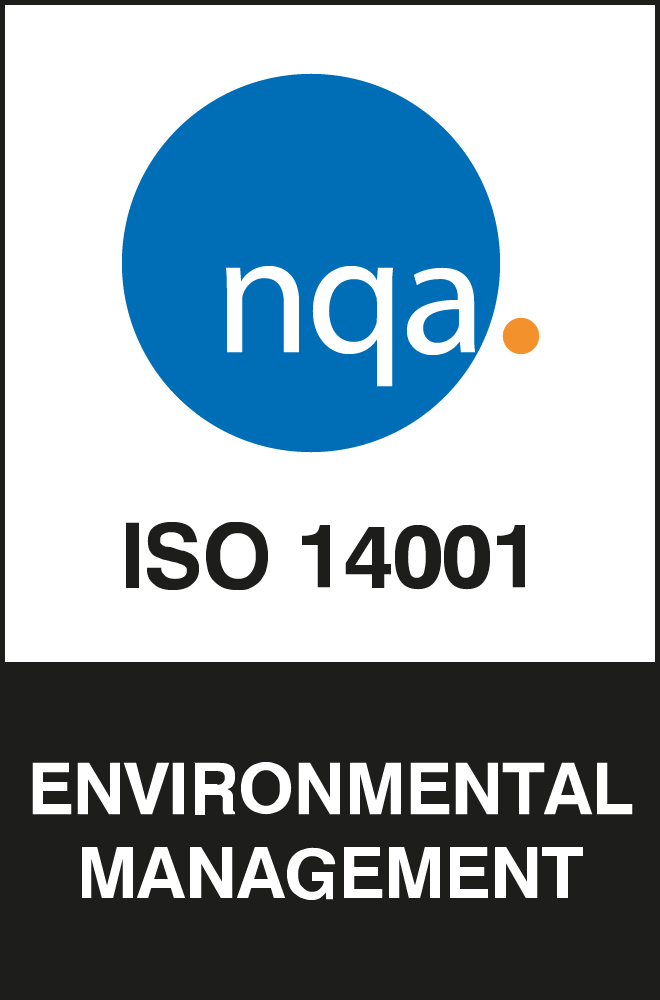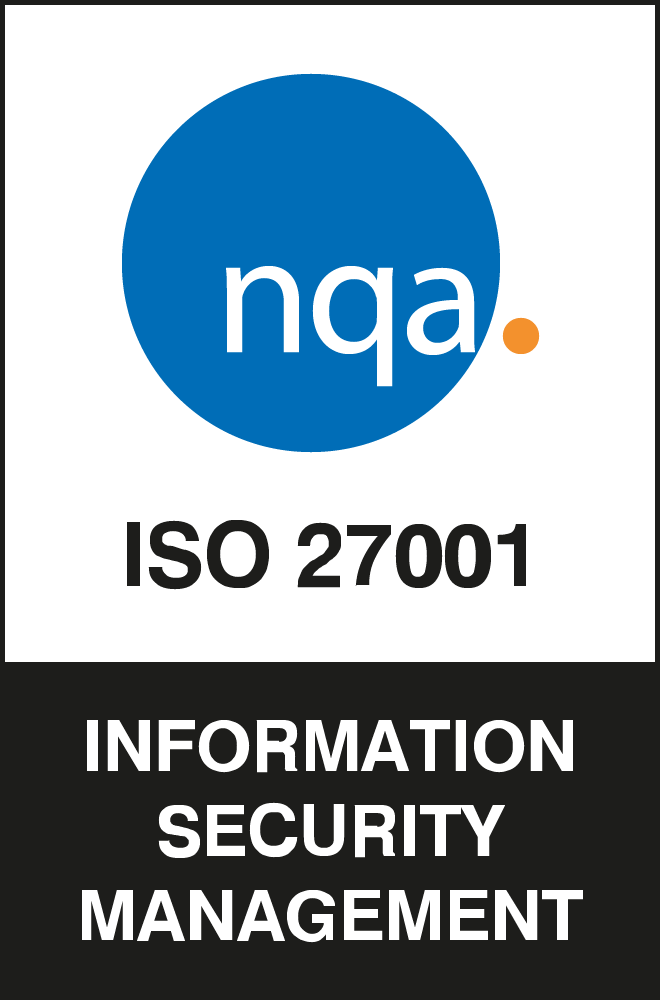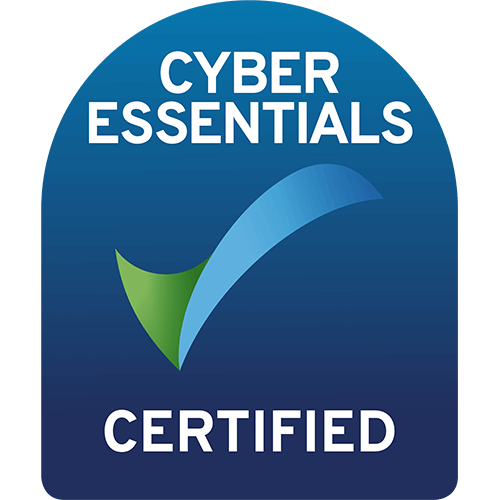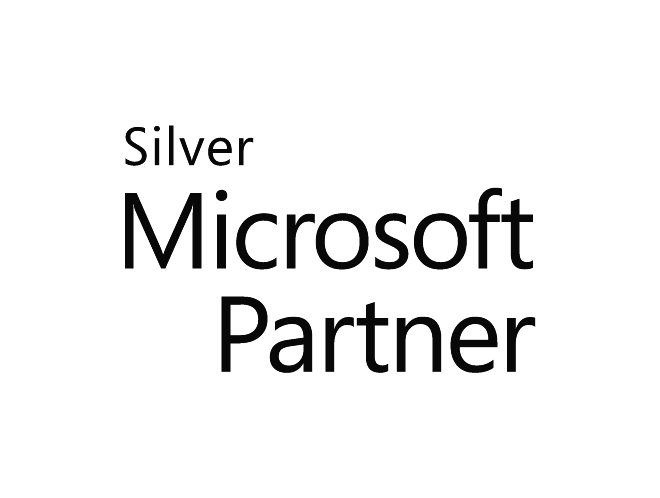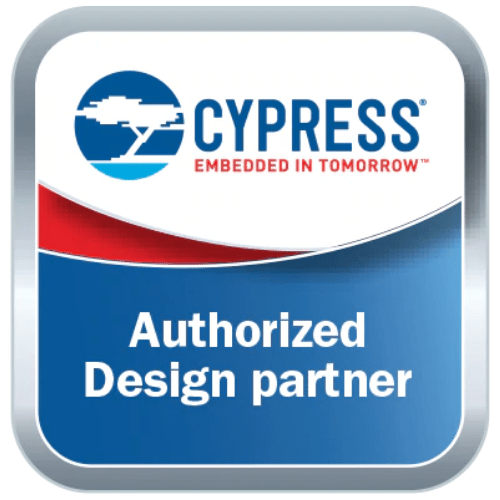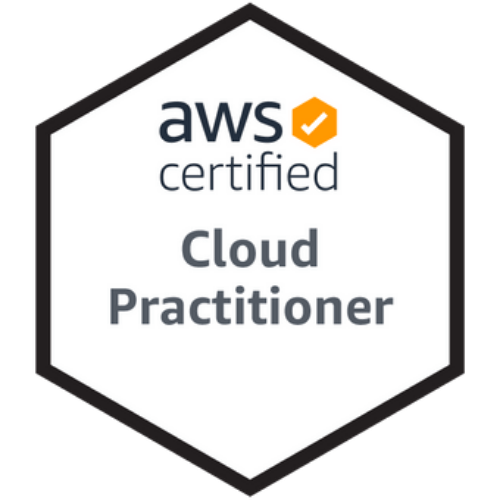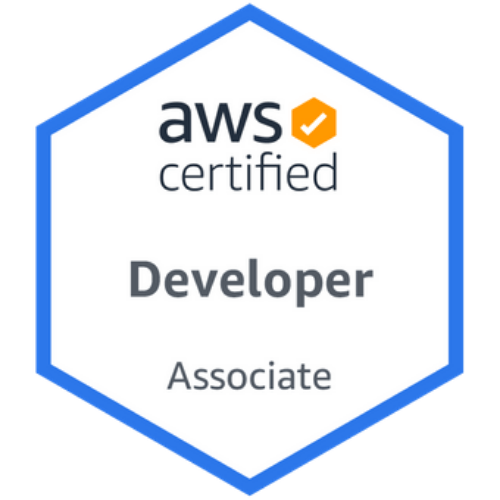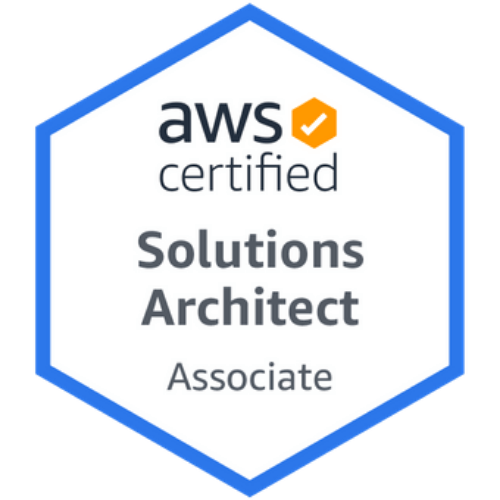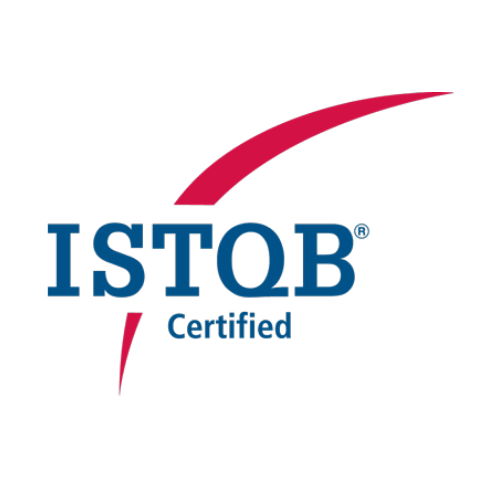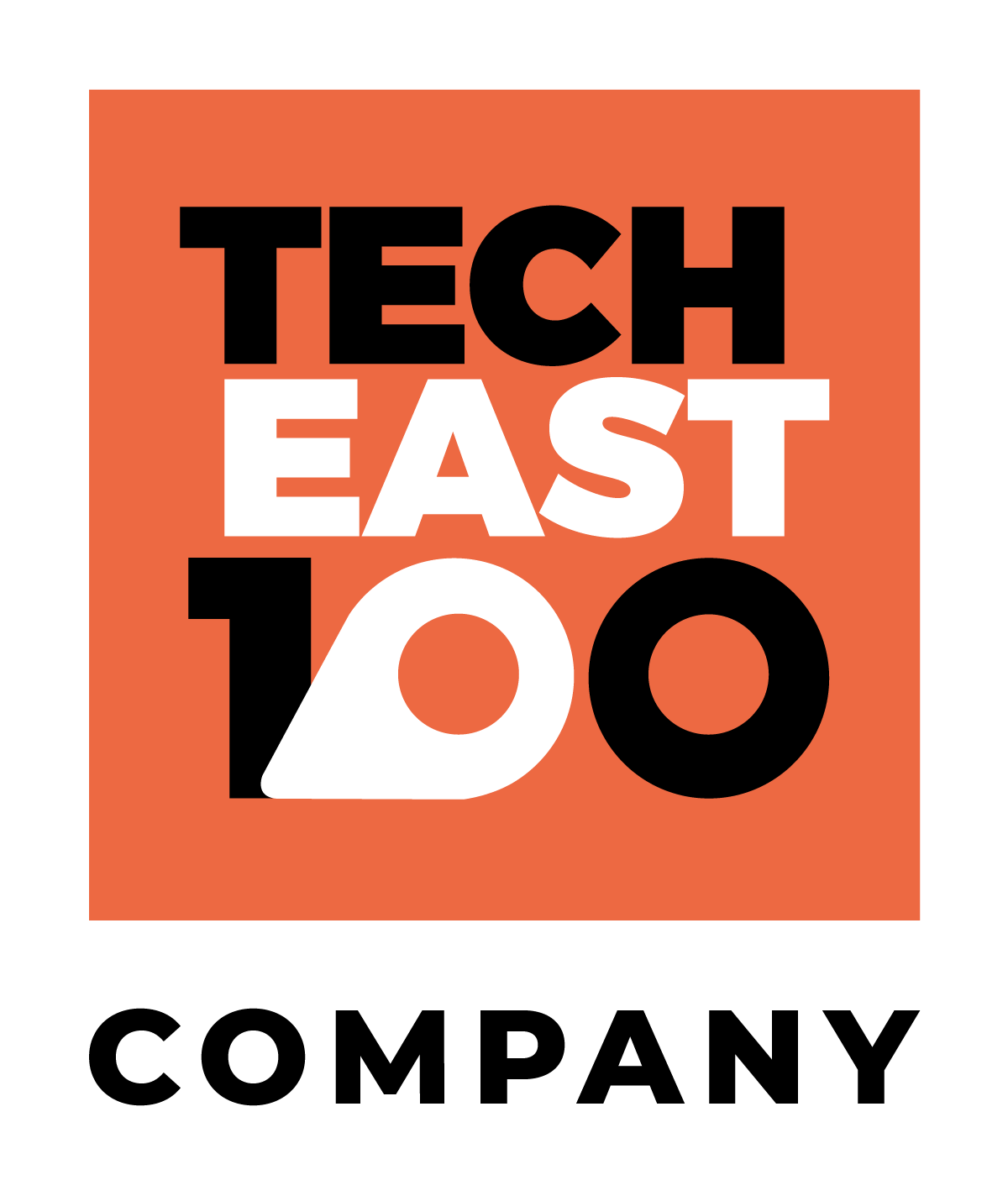Your software development project matters and you don’t want to outsource it to just any software development company. You want it to be outsourced to the best team of developers possible.
To find the most suitable company for your custom software project, there are several aspects to consider.
Throughout this blog, we’ve explored the main points to take into consideration and compiled a list of general, technical, business and security questions to ask.
What to Consider When Selecting a Software Development Company
Although price might seem like the most important factor to consider when choosing the right software development company, there’s a lot more to it than that.
Here we’ve listed some key tips and guidelines to keep in mind for your search for the best software outsourcing company for your project.
Your Needs and Project Requirements
Before you get started with your search for the perfect software development agency, you need to know what exactly your needs and expectations are for the software you want to be built.
Understanding your requirements will help you identify which software development companies are best equipped to deliver your project to the highest level of quality. You’ll be saving time and money by avoiding considering software developers that don’t have the expertise, resources or time to meet your requirements.
This step will also help the development partner you choose to understand your unique challenges, provide helpful advice and create the most effective solution for you.
Pinpointing exactly what you hope to achieve with the software development project will support you in assessing the overall success of the solution upon completion.
Before your first meeting with any software development company, you should be able to provide as much information as possible on the following key topics:
- Details of the project idea
- List of problems that will be solved by the software
- Questions and queries
- Any concepts, wireframes and templates that have been created
Your Budget and Financial Limitations
Defining your budget is a necessary step for software development outsourcing as it helps you narrow your search down and allows you to focus on the companies that operate within your price range.
Not only this, but it gives you a better understanding of the expected return on investment (ROI) you’ll achieve once the project is completed.
Try not to make the budget you set too limiting and be realistic about the scale of the project in question and the quality of service you wish to receive. Whilst it’s important to spend in line with your overall business goals, the cheapest software solution provider is unlikely to be the one that produces the best results.
Seek out the best value for your money.
Communication
Communication is key for any outsourced software development project. Software companies that don’t engage in frequent communication with their clients are unlikely to create a result that satisfies end-user needs, meets your requirements or aligns with overall business goals – which could end up costing you more long term.
Ask your potential future software partner if they use any project management software that they can share with you to ease communication and keep you up to date with their progress on your project.
Another point to pay attention to when looking at communication is whether any of the companies you’re thinking of partnering with are based in a different time zone to you.
Make sure you won’t encounter any issues concerning this when trying to communicate with the development team, whether they stem from language barriers or time zone differences.
Market Positioning
Does the software development team you’re considering hiring present themselves as credible, reputable thought leaders? If the answer is no, you might want to look elsewhere.
A software development company’s market credibility will be based on their previous work, communication with clients and project success – all of which provide insight into the company’s ability to deliver high-quality work and satisfy clients.
Review the company’s presence on social media and think about the following:
- Do they offer insightful commentary on trending topics?
- Do they come across as organised and professional?
- Do they post content that aligns with your values?
- Do other users discuss the company in a positive light?
- Do their employees attend or speak at industry events and conferences?
Reviewing a development team’s Github can help you gain a more accurate perspective of their coding skills if they have been involved in open-source projects or provided examples of code in the past. Note that this may not always be the case if the company predominantly works on proprietary software.
You’ll be able to assess the team’s ability to produce reusable, laconic, easily readable code as well as how frequently they update their portfolio and who contributes the most.
Portfolio and Reviews
Look closely at the previous work and case studies the software houses you’re considering have completed. Consider not only the type of software they typically work on but also how many projects they have completed in general.
Some companies specialise in building one or two types of software for specific industries whilst others turn their hand to a variety of different projects across all industries. Depending on the requirements of your project, you might prefer one more than the other.
You should also look at the number of previous projects they have worked on as this can give you a good indication of their level of experience. Several years of experience tends to go hand-in-hand with quality and overall efficiency.
Seek out commentary and opinions from previous clients on review platforms such as Clutch to gain a more objective view of project quality and client satisfaction.
Organisational Model and Methodologies
Understanding how the software development company you’re interested in works is a key element of assessing whether they’ll be the right fit for you as a partner.
There are many different types of software development methodologies that a custom software development company can choose from, such as Agile, Waterfall and Iterative. You can learn more about what the different methodologies mean including the strengths and weaknesses of each in our software development life cycle blog.
Decide which methodology is most suitable for your project’s scale, complexity and time limitations and approach development companies that use your chosen methodology.
It’s worth mentioning that the development methodology adopted will impact the level and frequency of communication between yourself and the development team, for example, the Agile model involves regular communication and collaboration.
You also want to ensure that your project managers are certified to use the chosen methodology.
Further than this, it can be beneficial to choose a software development company that is a similar size to yours, ideally so that the team treats you as a very important customer (VIC).
Companies that are substantially larger than yours might not value your project as much and won’t give it the attention it deserves, whilst companies that are much smaller in comparison to yours might not have the experience or resources to work on large-scale projects.
Honesty and Integrity
It’s vital to the success of your project that the software development company you select is realistic about their abilities and expertise and has the integrity to say no to requests they are unable to deliver on.
Don’t be put off by companies that are assertive and straightforward. They might suggest better programming languages for your project than the one you’ve asked them to work with or offer a better approach to a challenge you’ve asked them to tackle in a different way.
Remember that they’re professionals in this industry and should have the relevant expertise to back up their claims so try to remain objective and open to new ideas.
Technology
It’s more than likely that the software development company you’re considering will have a preferred technology to use and will have more expertise with their preference than others – this is especially true for smaller agencies.
Companies that claim to be experts in absolutely everything are unlikely to be the best choice – it’s very difficult to be an expert in everything so standards are likely to slip in some way or another.
Find out the technologies they use and are most interested in. Are these technologies future proof? Are they the most advanced technologies available at present? Will they present new opportunities to improve your product further in the future?
Asking these questions will help you ensure the software solution you receive will be as robust and functional as possible.
Service Offering
Some companies will offer 360-degree services whilst others will offer off-the-shelf solutions
Software development is much more than just writing code and the company you select should offer a range of services, from market research and strategy to UX/UI design and QA and testing.
These services are essential to all successful, top software development projects and you’re likely to save time and money if you have them completed by the same company.
Price
When it comes to software solutions, you get what you pay for, by this we mean the cheapest option is unlikely to yield the highest quality results.
Choosing a cheap, inexperienced software provider will probably cost you more in the long run anyway as any mistakes made will have to be fixed and in some extreme cases, the code may need to be rewritten from scratch.
Cheap software development solutions may lead to further increased costs for a few reasons, including:
- Lack of technical knowledge: Poorly written, difficult to maintain code with inadequate testing and a lack of formal documentation is commonplace in cheap software solutions.
- Source code ownership: Despite paying for the development of the software, you’ll only receive bundled code or a licensed product with cheap solutions.
- Bad communication: Poor communication and a lack of transparency in the development processes are likely to result in a product that doesn’t meet your requirement specifications or fulfil end-user needs.
Steer clear low-cost development solutions and instead focus on cost-effectiveness to avoid incurring additional costs further down the road.
Development pricing structures tend to be based on two main models, time and materials or fixed price.
Avoid fixed price models if you don’t have detailed project specifications, detailed plans and similar experience with software project outsourcing – it’s likely to cost more. Some software development companies add an extra 25% to the cost of projects without the aforementioned plans and specifications.
Organisational Chemistry & Culture Fit
Chemistry is important even in business relationships, those that have strong chemistry can build lasting, mutually profitable relationships that yield strong results and avoid preventable pitfalls.
Be sure to choose a software development partner that fits with your culture. Investigate their website or blog to find information on their values, mission and ethos to assist your judgement.
Geography: Onshoring, Nearshoring or Offshoring
Think about whether onshoring, nearshoring or offshoring would be best suited for the requirements of your project.
- Onshoring is hiring a company based within the same country as you.
- Nearshoring is hiring a company based in a nearby country that you share a border with.
- Offshoring is hiring a company based overseas within a different country to you.
Most software development projects can be successfully completed regardless of where the development team is, however in some cases the location does have an impact on the project delivery.
This might be the case for projects or businesses with specific needs like tight deadlines. For example, offshoring might not be suitable for projects where frequent fixes and real-time communication is necessary as the time difference between yourself and your chosen outsourcing partner might impact your ability to do this.
Conflict of Interest
Wherever possible, you should avoid going into business with software outsourcing partners that are involved in completing work for your key competitors.
Likewise, they will likely expect you to agree not to enter agreements with their competitors too.
Contract Terms
Before making a final decision, you’ll need to have a clear understanding of the terms and conditions of your agreement with your chosen software supplier.
Pay attention to these areas in particular:
- Intellectual property rights
- Copyright assignments
- Contract length
- Contract termination conditions
Maintenance and Support
All apps and software will require regular maintenance and support to remain bug-free, deliver a quality user experience and operate at peak performance during traffic spikes.
Providing the development of the project was a success, the best people to carry out the necessary support and maintenance are the team that developed the software themselves.
Find out more about the post-deployment services each company offers to give your software the best chance of success.
Testing
No matter how experienced the developers you work with are, it’s inevitable that some bugs will occur.
This is why software testing is an essential element of the software development life cycle, allowing development teams to identify and eliminate any issues efficiently.
Appropriate QA and testing also reduce the risk of additional bugs occurring after the software has been deployed.
Research and discuss the quality assurance and testing services each company you consider offers.
Security
Security is of the utmost importance in every stage of software development, including after deployment.
Find out what kind of security measures the software development companies you’ve shortlisted adhere to, in order to ensure that you’re not putting your data or the data of your users at risk.
A few areas of security that you should ask about password-protected include:
- Computer Access Control
- Security by Default
- Security by Design
- User Authentication
- Encryption
- Data-Centric Security
Most reputable software developers will be ISO certified, which means they adhere to global information security standards set by the International Organisation for Standardisation.
You can find a list of security questions to ask when selecting a software development agency below.
20+ Questions to Ask When Choosing a Software Development Company
We’ve put together a list of some general, technical, business and security questions you should ask the software development company you are choosing.
General Questions
- What is your general approach or process to developing software?
- How do you communicate with clients about progress, plans and problems?
- What are your expectations of me as a client and what can we expect from you?
- How will you ensure the product you produce will meet the needs of both us and our target audience?
- What collaboration/collaboration tools do you use? (i.e. email, Slack, etc.)
- Will you assign a team to work exclusively on my project or will they be committed to other projects at the same time?
Technical Questions
- What processes do you use to ensure code quality? (i.e. peer code reviews, automated or manual testing, etc.)
- Who will own the source code?
- Do you provide technical documentation?
- Can you offer profiles or blind CVs of the developers assigned to the project?
- Who is the most skilled person on the assigned team and can I speak to them?
- How would you approach solving x problem?
- What quality standards do you adhere to for writing code? (i.e. structured best practices)
- Will you provide a prototype of the final software product?
Business Questions
- What sets you apart from other software development companies?
- Will it be easy to scale the team by x amount of developers?
- What price do you charge per day and what does the daily rate include?
- Where can I find testimonials or reviews from your previous clients?
- Do you have experience working with businesses like mine? (i.e. startups, SMEs, enterprises, etc.)
Security Questions
- How do you ensure all communications will be kept secure and confidential?
- Are the platforms and environments you use password protected?
- Do you use a designated service to securely store passwords?
- Are you GDPR compliant?
- Are you ISO certified?




